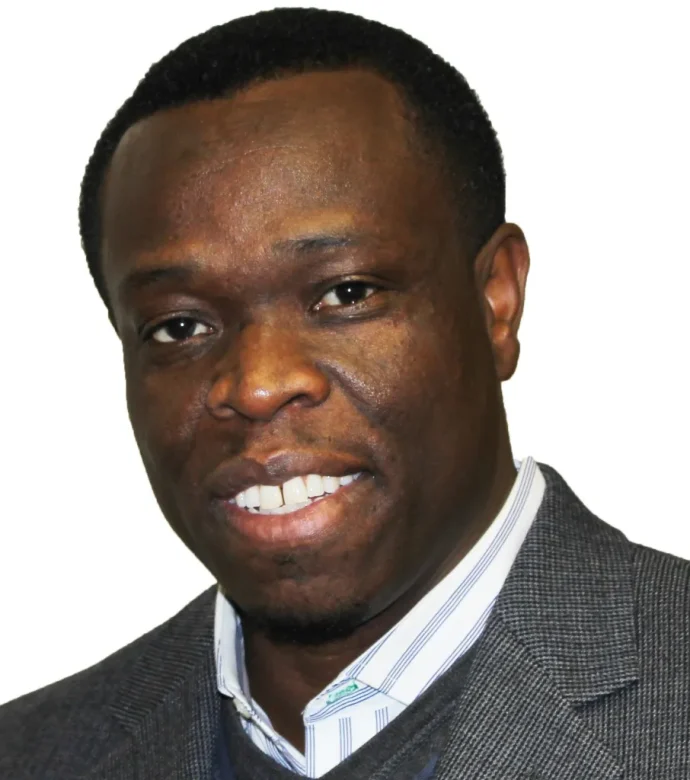Filling the learning gaps caused by the pandemic: Supporting teachers and their diverse students with digital technology
The closure of schools across Canada during the COVID-19 pandemic has created significant gaps in educational provision for both ‘mainstream’ and ‘vulnerable’ school populations. Additionally, teachers across grades K-12 have struggled to find learning resources that connect with the curricula they are mandated to teach. When students fall behind, they develop a learning gap, a lack of knowledge and understanding of curriculum content, relative to their peers. Learning gaps are relatively common and invariably require, at some point, a strategy to help the student catch up. A rather unique consequence of the Covid19 pandemic is that it has likely caused in a single timeframe, a learning gap in relation to curriculum expectations in a substantial proportion of the student population. We propose to exploit this opportunity to examine the feasibility and efficiency of implementing an innovative online tool that addresses the common challenge of the learning gap in education. We will investigate how this innovative online platform may support the accelerated catch-up phase of students with a learning gap as well as reinforce the digital skills of teachers.
Our objective is to close the “COVID19 learning gap”. To this end we will work collaboratively with Binogi, a Halifax-based company that has developed and implemented innovative online learning resources for students. The research questions are:
- How might an online learning platform such as Binogi help teachers to identify the learning gaps of each of their students?
- What type of support is required for teachers to use technology to fill in the learning gaps of their students?
The project has direct relevance to students whose learning trajectories have been negatively impacted by the COVID-19, while at the same time it will generate insights with ramifications beyond the pandemic. We anticipate that the results of this research will contribute to tailor-made solutions for bridging the learning gaps of the students and to the professional development of teachers in digital pedagogy.





